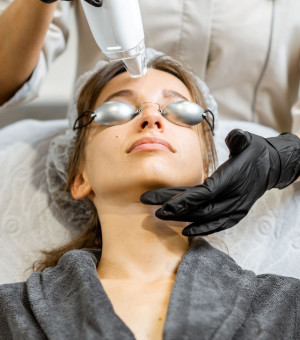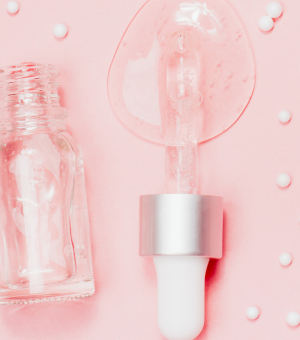Living with severe acne can be difficult, especially as a young adult. Various treatments are available to treat acne and you should always consult with a dermatologist to get the appropriate diagnosis and treatment plan.
In the realm of dermatology, Accutane(™) (isotretinoin) has proven to be a groundbreaking treatment for severe acne. It is a treatment that often raises a lot of questions in our patients, and in this blog post, we aim to provide valuable insights that informs and guides patients considering this medication.
Understanding Accutane(™):
Accutane(™), a powerful oral medication, is a derivative of vitamin A and belongs to the class of retinoids. It is primarily prescribed for severe and treatment-resistant cases of acne that have not responded well to other conventional treatments.
Accutane(™) works by targeting several factors that contribute to acne development. It reduces the size of sebaceous glands, decreases oil production, prevents the formation of acne-causing bacteria, and helps prevent clogged pores. It is typically prescribed for severe nodular acne or cases where other treatments have proven ineffective. It is not the first line of defense and is reserved for situations where the potential benefits outweigh the risks.
Patient Eligibility:
Patients considering Accutane(™) should undergo a thorough consultation with their dermatologist. This includes discussing the severity of acne, previous treatments, medical history, and potential side effects. Open communication is key to understanding each patient's unique situation.
Female patients must participate in a stringent pregnancy prevention program while on Accutane(™), involving the use of two forms of contraception and regular pregnancy tests. This precaution is crucial to prevent potential harm to a developing fetus.
Throughout the course of Accutane(™) treatment, regular check-ups and monitoring are essential. Dermatologists closely observe patients for any emerging side effects, ensuring timely intervention if necessary.
Addressing Potential Concerns
Dryness and Sensitivity:
Accutane(™) is known to cause dry skin, lips, and eyes. Dermatologists recommend moisturizers, lip balm, and lubricating eye drops to manage these common side effects.
Sun Protection:
Mood Changes:
Accutane(™) can be a transformative solution for severe acne when prescribed and managed correctly. Our priority is to guide and support patients through their skincare journey, ensuring a comprehensive understanding of the treatment's benefits and potential risks. If you are considering Accutane(™), schedule a consultation to discuss your unique situation, ask questions, and explore the possibilities for achieving the clear and healthy skin you deserve. Remember, informed decisions lead to successful outcomes on the path to radiant and acne-free skin.



